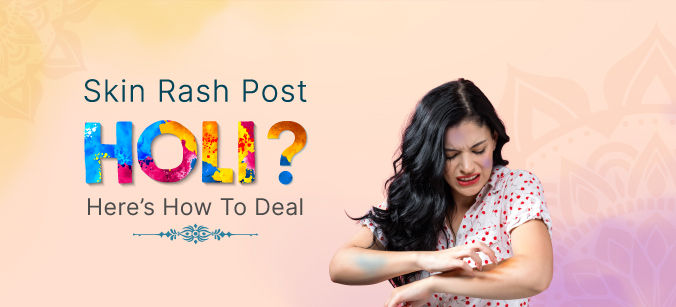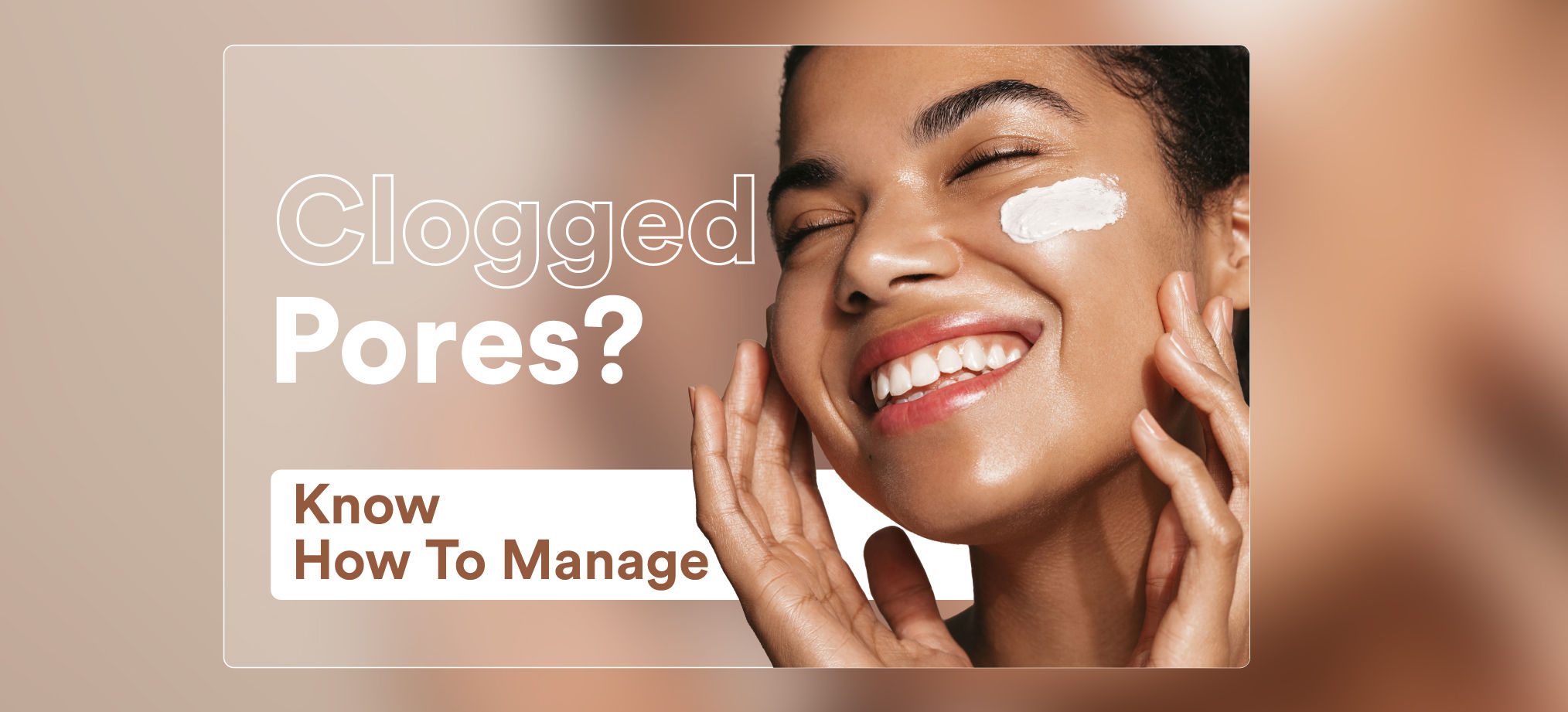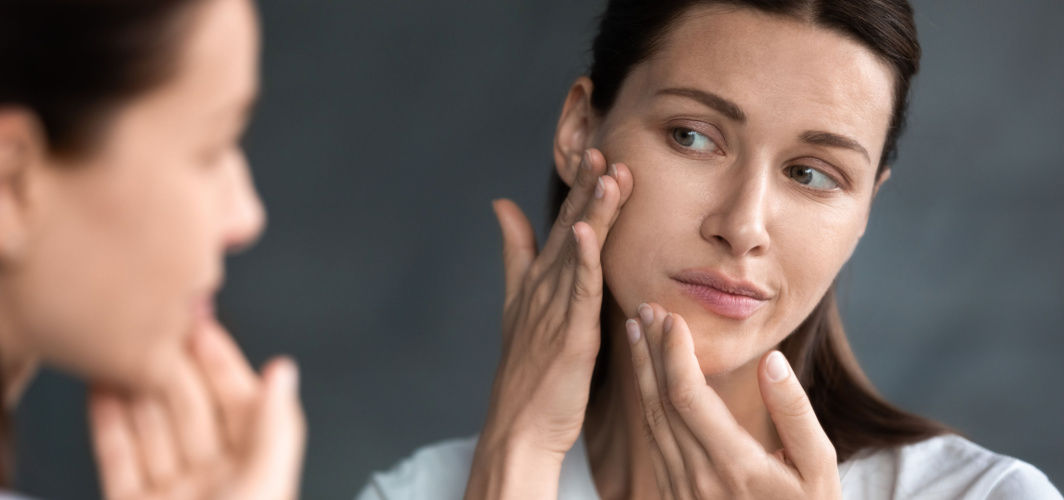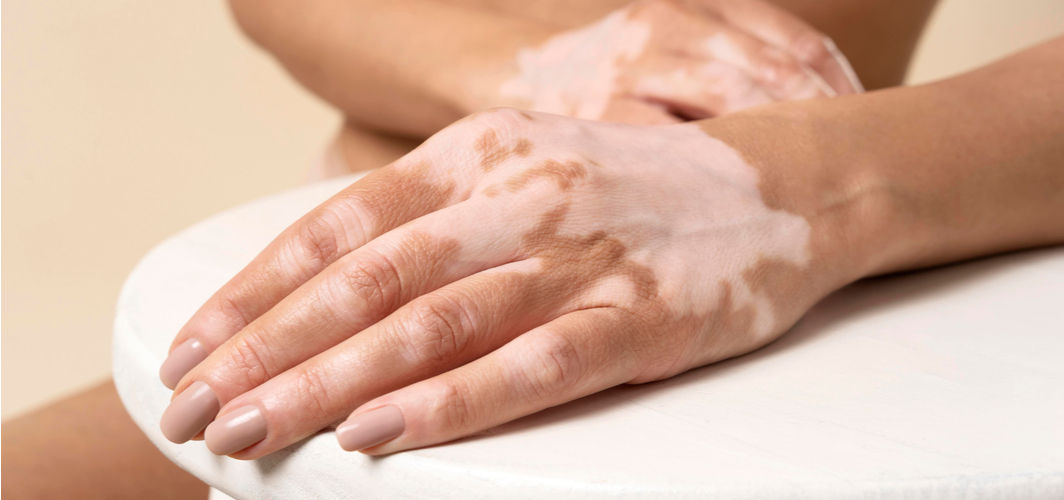Skin Care
How To Prevent And Treat Rashes Triggered By Holi Colours?
3 min read
By Apollo 24|7, Published on - 07 March 2023, Updated on - 20 June 2023
Share this article
0
2 likes

Nothing compares to the colourful season of spring or Vasant in the month of Phalgun by the Hindu calendar. Now, we think of spring we visualise pleasant breeze, not yet so-hard heat, and flowers blossoming every possible nook and corner available for foliage to grow! Each year this very month brings an equally colourful festival of Holi or होली, or फाग celebrated across the subcontinent, maybe with different names but equal zeal.
In a nutshell, Holi is the right excuse to pepper up the sometimes dull existence! But, that does not mean the festival comes without challenges of its own. Let’s get discussing the essentials of playing Holi without falling prey to skin hazards.
Can Holi Colours Give You Rashes?
With an array of options in colours, the cheap options may go easy on the pocket but not on your skin. The irritants like mercury, asbestos, silica, and mica, may aggravate or trigger skin conditions like eczema, hives, and psoriasis. These skin conditions usually appear as a red-coloured rash on the skin.
Of all the skin issues that can be triggered during Holi, the most common is the rash, which can get triggered by the toxins in the colours making your skin irritated, swollen, itchy, red and painful.
Though not dangerous or life-threatening, rashes can still be painfully annoying often requiring medical intervention.
How To Prevent Rashes During Holi?
With problems come solutions, we are ready with swift preventive solutions to avoid rashes while playing or after Holi:
- Massage your skin with a generous amount of coconut oil before you step out. For your face skin use fresh or packaged aloe vera gel, as they act as barriers between the skin and the colour, keeping the pores of your skin clog-free.
- Avoid playing with synthetic colours as these may contain mercury, silica, asbestos, silica and low-grade mica which are hazardous to your skin. Keep your own supply of organic or natural colours.
- Dress for the occasion in garments that cover you fully, acting as a shield for your skin.
- Keep cold water or wet wipes handy for the just-in-case moment. If you feel a burning sensation or itchiness, wash immediately with cold water to avoid further damage.
How To Treat Skin Rashes?
Life is never foolproof, so if you end up getting rashes despite taking all necessary precautions, here is what you should do:
- Wash the affected area immediately. Avoid scrubbing it.
- Use a gentle cleanser to wash off stubborn particles.
- Avoid cosmetic lotions, instead, use Lacto calamine for soothing the skin.
- Apply ice to the affected area.
- Leave the area exposed to the air to let it breathe.
Since these steps may help relieve some itchiness, if the redness, burning sensation, or soreness persists or increases with time or is accompanied by fever, or breathlessness, consult a dermatologist immediately. For more information,
Consult Apollo's Expert Dermatologists
Medically reviewed by Dr Sonia Bhatt.
Skin Care
Leave Comment
Recommended for you

Skin Care
Having Clogged Pores? Know What Causes Them and How To Prevent Them
Concerned by clogged pores? Learn about the common causes of clogged pores and the best ways to prevent and clean them.

Skin Care
Your Skin Can Indicate Rise In Cholesterol! Know How
Your dermatologist can recognise signs of high cholesterol in your body by looking at your skin and nails. Read on to know the different signs of high cholesterol on the skin.

Skin Care
Can The Patchy Loss Of Skin Colour In Vitiligo Be Treated?
Due to the lack of awareness, vitiligo, a skin pigmentation condition, has been associated with an immense social stigma. Read here to know more about it.
Subscribe
Sign up for our free Health Library Daily Newsletter
Get doctor-approved health tips, news, and more.
Recommended for you

Skin Care
Having Clogged Pores? Know What Causes Them and How To Prevent Them
Concerned by clogged pores? Learn about the common causes of clogged pores and the best ways to prevent and clean them.

Skin Care
Your Skin Can Indicate Rise In Cholesterol! Know How
Your dermatologist can recognise signs of high cholesterol in your body by looking at your skin and nails. Read on to know the different signs of high cholesterol on the skin.

Skin Care
Can The Patchy Loss Of Skin Colour In Vitiligo Be Treated?
Due to the lack of awareness, vitiligo, a skin pigmentation condition, has been associated with an immense social stigma. Read here to know more about it.
